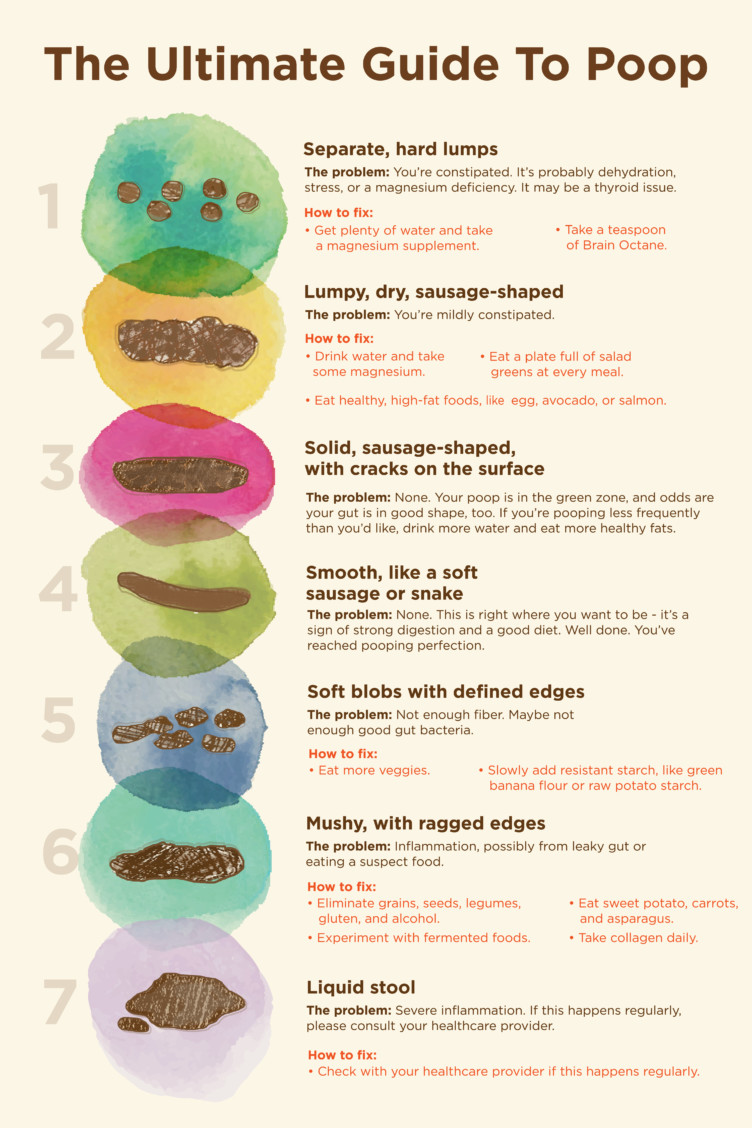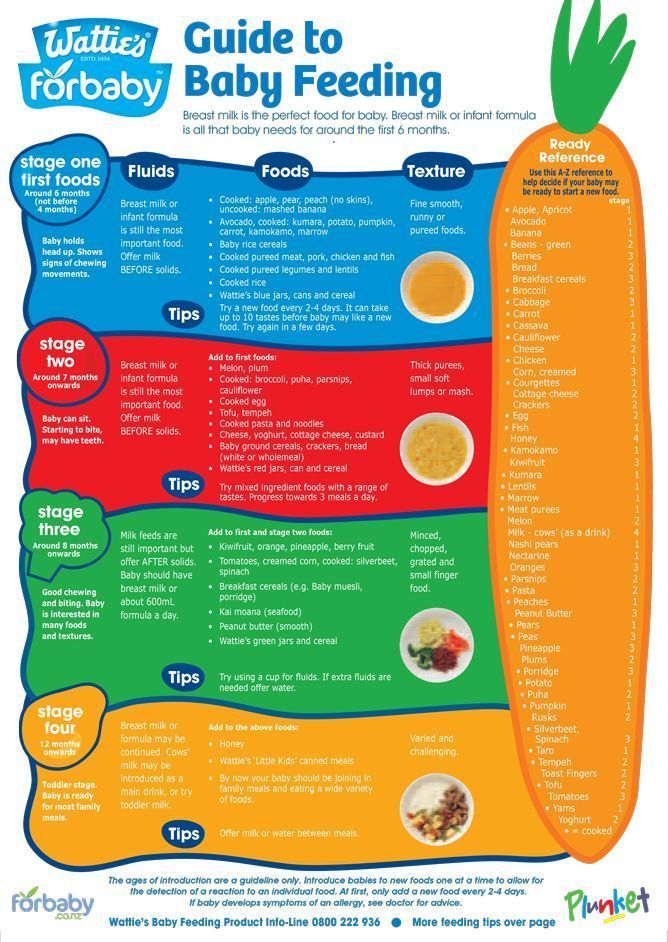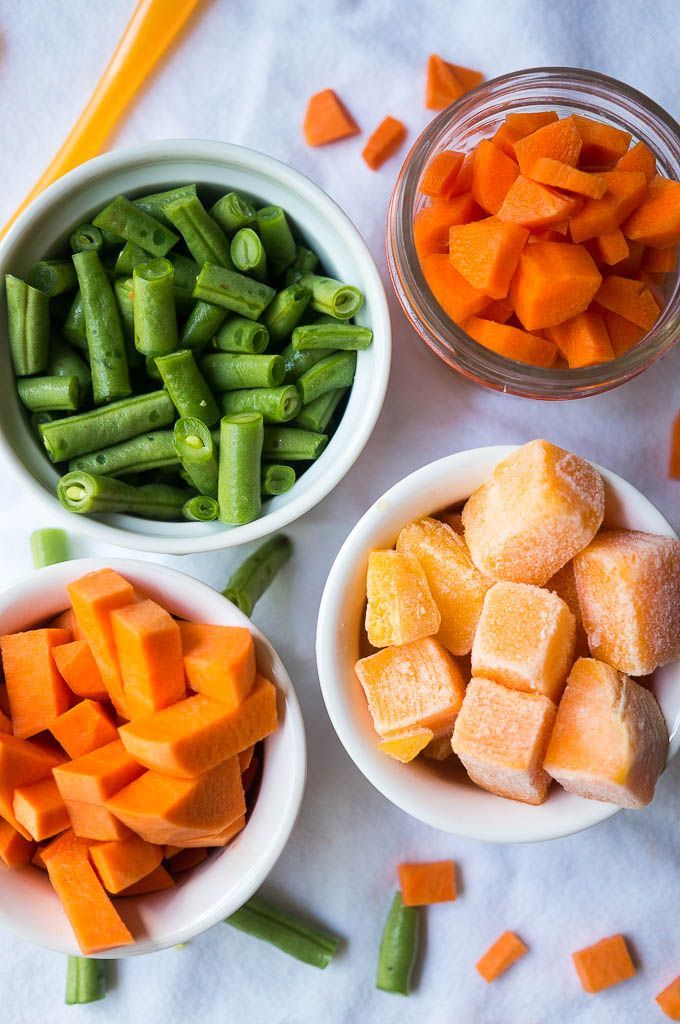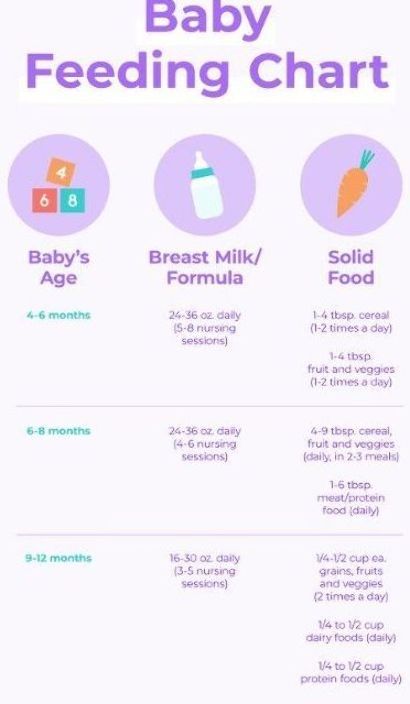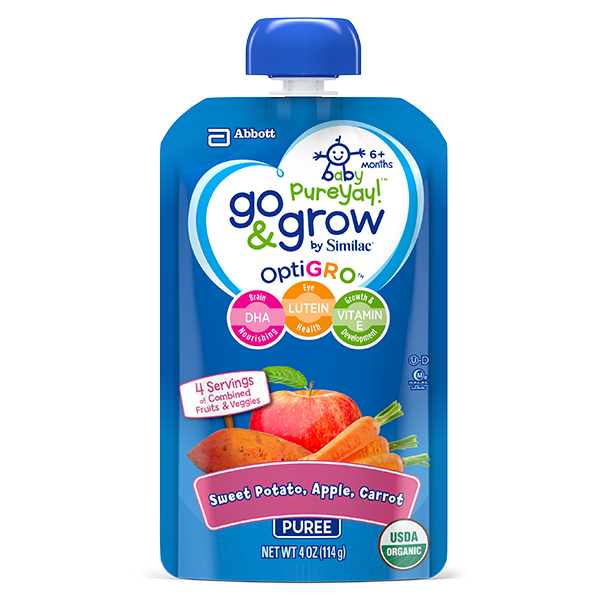Baby stool softener food
Baby constipation: Top 7 home remedies
Babies often go a long time between bowel movements. Most of the time, it is normal for a baby to go days or even more than a week without a bowel movement. However, a baby may sometimes be constipated and need a little help.
If a baby is constipated, a pediatrician may recommend using home remedies as a first-line treatment for baby constipation.
Home remedies for constipation in a baby include:
1. Exercise
Moving a baby’s legs can help relieve constipation.
As with adults, exercise and movement tend to stimulate a baby’s bowels.
However, as babies may not be walking or even crawling yet, a parent or caregiver may want to help them exercise to relieve constipation.
The parent or caregiver can gently move the baby’s legs while they are lying on their back to mimic the motion of riding a bicycle. Doing this may help the bowels function and relieve constipation.
2. A warm bath
Giving a baby a warm bath can relax their abdominal muscles and help them stop straining. It can also relieve some of the discomfort relating to constipation.
3. Dietary changes
Certain dietary changes may help constipation, but these will vary depending on the baby’s age and diet.
While breastfeeding a baby, a woman could eliminate certain foods, such as dairy, from her diet. It may take some trial and error to identify the dietary changes that help, and it is quite possible that changes in the diet will have no effect on the baby’s constipation.
For formula-fed babies, a parent or caregiver may want to try a different kind of formula. It is best not to switch to a gentle or dairy-free formula without consulting a pediatrician first. If one change does not make a difference, continuing to try different formulas is unlikely to help.
If an infant is eating solid foods, parents or caregivers should look to introduce foods that are good sources of fiber.
Many fruits and vegetables can help stimulate the bowels because of their higher fiber content.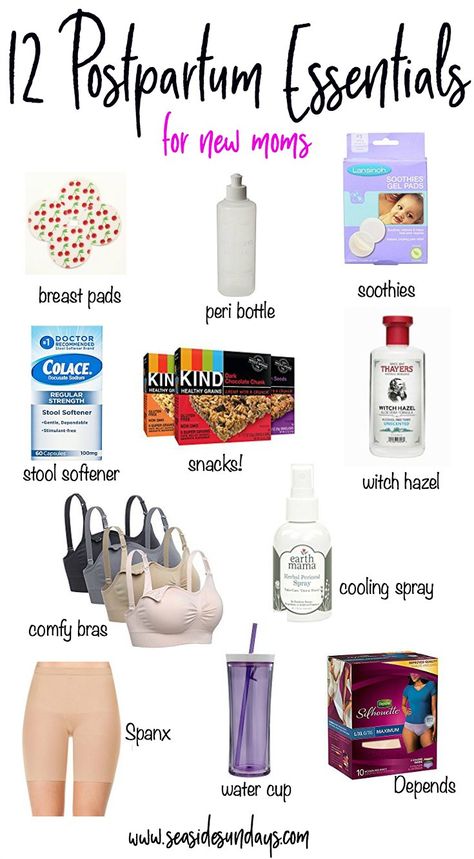 Good food choices for babies with constipation include:
Good food choices for babies with constipation include:
- skinless apples
- broccoli
- whole grains, such as oatmeal or whole-grain bread or pasta
- peaches
- pears
- plums
4. Hydration
Young infants do not typically need supplemental liquids as they get their hydration from breast milk or formula.
However, babies that are constipated may benefit from a small amount of extra liquid.
Pediatricians sometimes recommend adding a small amount of water or, occasionally, fruit juice, to the baby’s diet when they are over 2–4 months old and are constipated.
5. Massage
There are several ways to massage a baby’s stomach to relieve constipation. These include:
- Using the fingertip to make circular motions on the stomach in a clockwise pattern.
- Walking the fingers around the naval in a clockwise pattern.
- Holding the baby’s knees and feet together and gently pushing the feet toward the belly.

- Stroking from the rib cage down past the belly button with the edge of a finger.
6. Fruit juice
A small amount of pure apple juice can help soften stool.
After a baby reaches 2–4 months of age, they can have a small amount of fruit juice, such as 100-percent prune or apple juice. This juice may help treat constipation.
Experts may recommend starting with about 2–4 ounces of fruit juice. The sugar in the juice is hard to digest. As a result, more liquid enters the intestines, which helps soften and break up the stool.
However, a parent or caregiver should not give fruit juice to a baby for the first time without consulting their pediatrician.
7. Taking a rectal temperature
When a baby is constipated, taking the baby’s rectal temperature with a clean, lubricated thermometer may help them pass stool.
It is important not to use this method very often, as it can make constipation worse. The baby may start not wanting to pass a bowel movement without help, or they may begin to associate having a bowel movement with discomfort, leading them to fuss or cry more during the process.
Anyone who feels as though they often need to use this method to help the baby have a bowel movement should talk to the baby’s doctor.
As infants may go for extended periods without a bowel movement, it can be hard to tell if they are constipated. Signs that indicate constipation in a baby include:
- infrequent stools that are not soft in consistency
- clay-like stool consistency
- hard pellets of stool
- long periods of straining or crying while trying to have a bowel movement
- streaks of red blood in the stool
- lack of appetite
- a hard belly
Signs of constipation in babies vary depending on their age and diet. A normal bowel movement before a baby begins eating solid food should be very soft, almost like the consistency of peanut butter or even looser.
Hard baby stool prior to solid food is the most obvious indication of constipation in babies.
At first, breastfed babies may pass stool often since breast milk is easy to digest.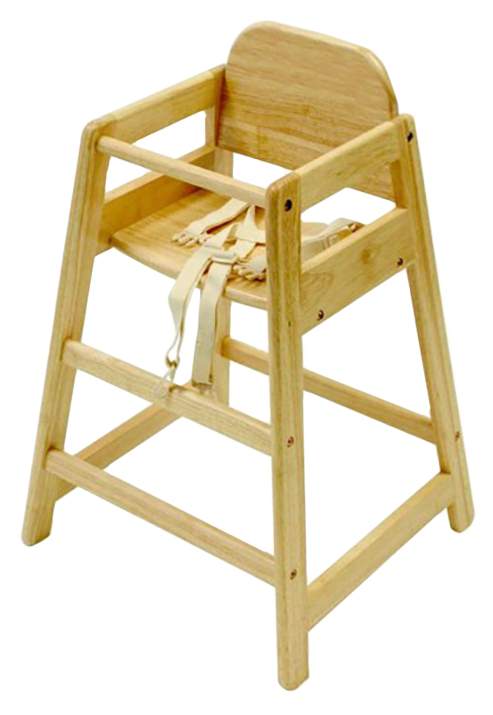 However, once a baby is between 3 and 6 weeks old, they may only pass a large, soft stool once a week and sometimes even less.
However, once a baby is between 3 and 6 weeks old, they may only pass a large, soft stool once a week and sometimes even less.
Formula-fed babies tend to pass stool more frequently than breastfed babies. Most formula-fed babies will have a bowel movement at least once a day or every other day. However, some formula-fed babies may go longer between bowel movements without being constipated.
Once a parent introduces solid food to a baby’s diet, a baby may be more likely to experience constipation. A baby may also be more likely to become constipated if a parent or caregiver introduces cow’s milk (other than formula) to their diet.
Share on PinterestA doctor should assess a baby with ongoing constipation.
It is advisable to call a pediatrician if a baby has not passed a stool after a day or two and there are other signs present, such as:
- blood in the stool
- the baby seems to be irritable
- the baby appears to have abdominal pain
- there is no improvement in the baby’s constipation after taking steps to treat it
Treatment typically starts with home remedies. If home remedies do not work, a doctor may examine the baby and, in rare cases, prescribe medications, such as:
If home remedies do not work, a doctor may examine the baby and, in rare cases, prescribe medications, such as:
- laxatives
- enemas
- suppositories
People should never give these medications to a baby unless a doctor prescribes them.
Constipation can lead to discomfort and irritability in a baby. People can try several at-home methods to help alleviate constipation.
If symptoms do not improve, it is best to speak to the infant’s pediatrician for additional strategies.
Read the article in Spanish.
The Best Foods to Help Baby Poop (And a Few That Make It Worse)
Relieving your constipated baby can be as simple as feeding her the right thing. Load up on these foods to help baby poop (and avoid ones that worsen the problem).
1 / 11
SMarina/Shutterstock
Relieves Constipation: Prunes
No surprises here; prunes are one of the best high-fiber foods for a baby who’s having tummy troubles. If your little one is just starting solid foods, try cooking and mashing some prunes to feed her. You could also chop cooked prunes into small, bite-sized pieces—or use one of our other creative techniques for introducing new baby foods.
If your little one is just starting solid foods, try cooking and mashing some prunes to feed her. You could also chop cooked prunes into small, bite-sized pieces—or use one of our other creative techniques for introducing new baby foods.
2 / 11
margouillat photo/Shutterstock
Relieves Constipation: Sweet potatoes
Sweet potatoes are delicious just about any way you prepare them, and they are also magic for a baby who needs to poop. They’re high in insoluble fiber, which will help your baby go right away. Try making your own baby food by cooking and mashing a sweet potato or roast fries in the oven for fun finger food.
This is how you know when to start feeding babies solid foods.
3 / 11
Mia Stern/Shutterstock
Relieves Constipation: Apples
An apple a day can keep constipation away! Apples (especially with the skin on) are high in fiber and can help pull water into your baby’s colon.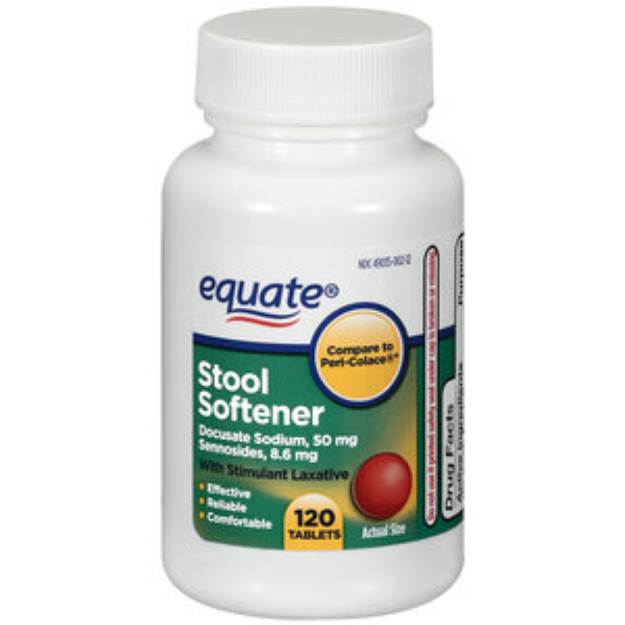 This keeps baby’s poop soft and easy to pass. Try offering small pieces of cooked apple or pour some apple juice into a sippy cup to help get things back on track. Apples are a great stage 1 baby food. Learn more about what types of food to start feeding baby once they’re ready to go beyond formula or breastmilk.
This keeps baby’s poop soft and easy to pass. Try offering small pieces of cooked apple or pour some apple juice into a sippy cup to help get things back on track. Apples are a great stage 1 baby food. Learn more about what types of food to start feeding baby once they’re ready to go beyond formula or breastmilk.
4 / 11
mama_mia/Shutterstock
Relieves Constipation: Broccoli
If your baby hasn’t tried broccoli yet, there’s no time like the present! Broccoli is a vitamin powerhouse and is high in fiber. Try blending up cooked broccoli in a food processor or offering small, bite-sized pieces of soft, cooked broccoli. (Consider one of our recommended baby food makers.) If your baby is eating a variety of foods, try adding small pieces of broccoli to brown rice or scrambled eggs.
When he’s a little older, your kid will love these tasty broccoli side dishes.
5 / 11
nelea33/Shutterstock
Relieves Constipation: Pears
There is nothing more delicious than a ripe, juicy pear.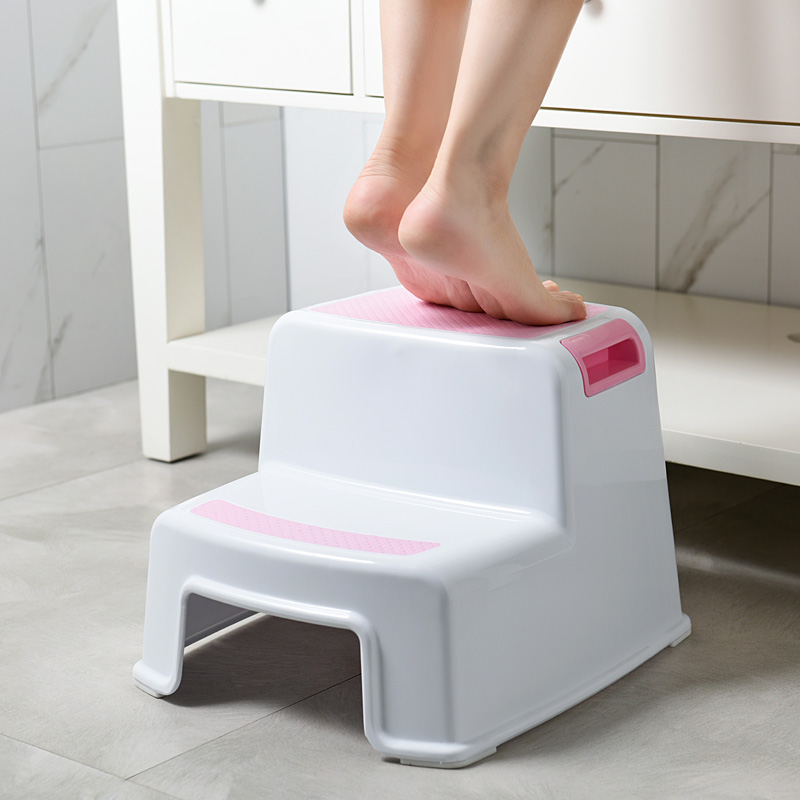 Treat your baby to this seasonal treat to help relieve and even prevent constipation. Pears are one of the first foods babies can try and are high in fiber. They can be cooked, but are soft enough to be offered raw. Your baby can safely gum small pieces of ripe pear without teeth.
Treat your baby to this seasonal treat to help relieve and even prevent constipation. Pears are one of the first foods babies can try and are high in fiber. They can be cooked, but are soft enough to be offered raw. Your baby can safely gum small pieces of ripe pear without teeth.
6 / 11
Sea Wave/Shutterstock
Relieves Constipation: Peas
If your baby is just starting solid foods, peas are usually one of the first options. This is good news if your baby needs help in the pooping department. Peas contain both soluble and insoluble fiber to help keep your baby’s poop soft and moving along. This makes it easier and quicker to pass without painful straining.
7 / 11
nesavinov/Shutterstock
Relieves Constipation: Spinach
We usually save the fresh spinach for our own salads, but babies should be invited to the greens party, too.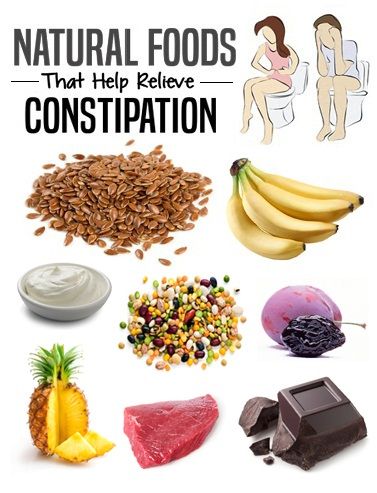 Spinach is loaded with fiber and vitamins that help make your baby’s poop easier to pass. Try blending up some fresh spinach in a fruit smoothie for both of you!
Spinach is loaded with fiber and vitamins that help make your baby’s poop easier to pass. Try blending up some fresh spinach in a fruit smoothie for both of you!
8 / 11
Brent Hofacker/Shutterstock
Causes Constipation: Cheese
Dairy products like small cubes of cheese or lightly flavored yogurt are easy foods for babies learning to eat solids. While safe and convenient, cheese is a low-fiber snack and can lead to constipation. Try cutting back on the dairy products for a few days and see if your baby improves.
You may think these foods are dairy-free, but they’re not!
9 / 11
Paulo Vilela/Shutterstock
Causes Constipation: Bananas
Bananas are a great first finger food for babies (and a yummy way to cut calories when baking). Unfortunately, they can also slow down your baby’s digestion, and thus slow down their pooping.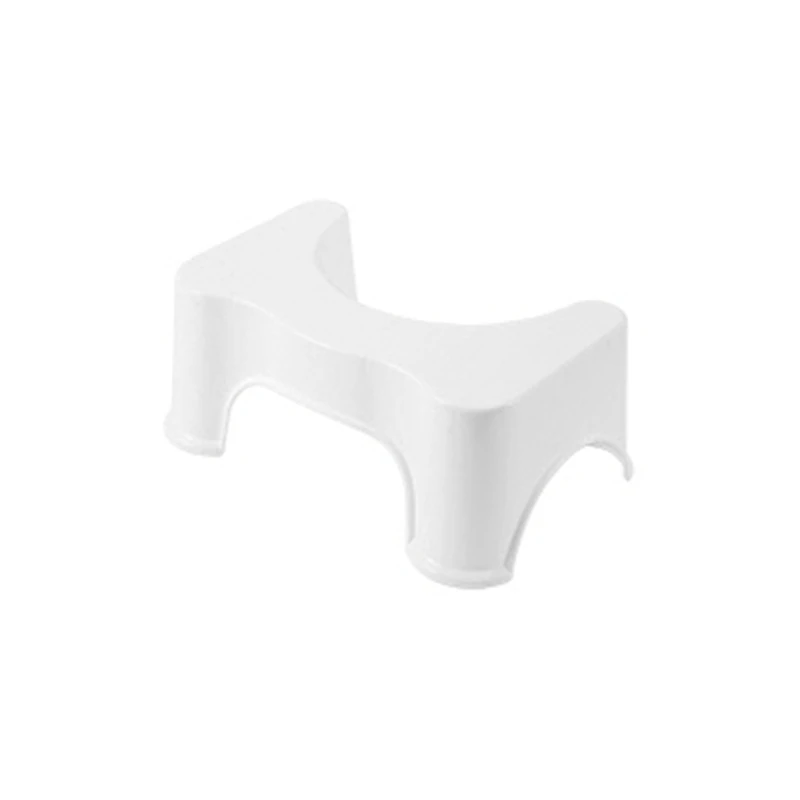 Take a brief break from bananas and use this opportunity to give some new fruits a try.
Take a brief break from bananas and use this opportunity to give some new fruits a try.
10 / 11
images72/Shutterstock
Causes Constipation: Cereal
Whether your child is just starting out with rice cereal or has graduated to carrying a bag of Cheerios with her wherever she goes, babies and toddlers cannot get enough of this favorite first food. Cereal can lead to more formed poop, which could slow down the number of poopy diapers each day. Try cutting back on the amount of cereal and incorporating more fresh fruits and veggies.
Use up those Cheerios in one of these genius recipes.
11 / 11
Igor Dutina/Shutterstock
Causes Constipation: Processed foods
Processed foods like cookies, crackers and white bread are common snacks for growing babies and toddlers, but too much can quickly lead to constipation.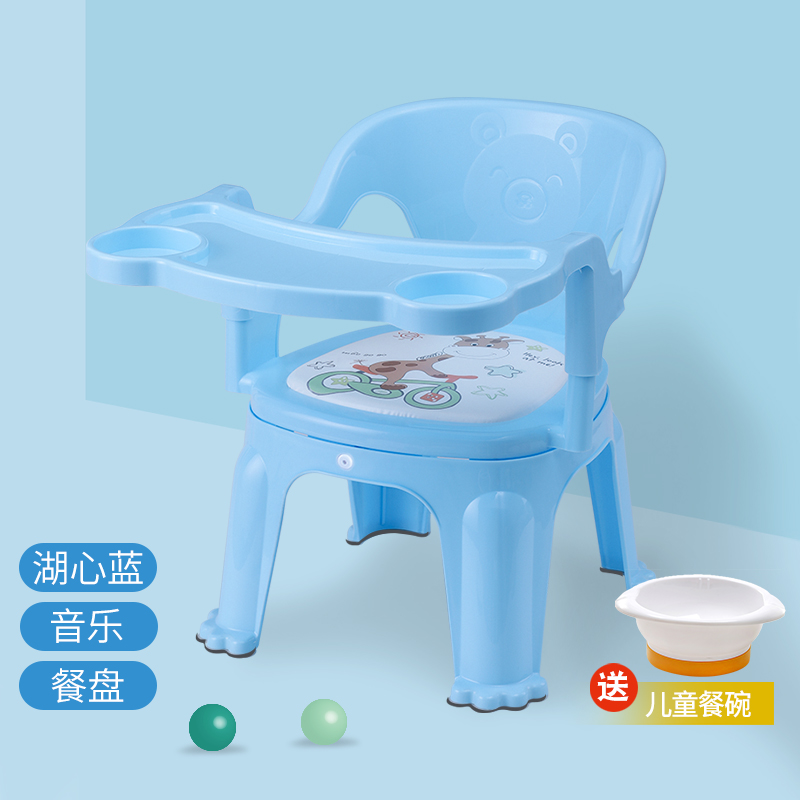 While you don’t have to cut these foods out entirely, try to limit them if your baby is having tummy troubles. Or, try swapping out white flour for whole wheat. For example, brown rice is a tasty alternative to low-fiber white rice.
While you don’t have to cut these foods out entirely, try to limit them if your baby is having tummy troubles. Or, try swapping out white flour for whole wheat. For example, brown rice is a tasty alternative to low-fiber white rice.
Originally Published: May 20, 2019
Carrie Madormo, RN
Now a freelance health and food writer, Carrie worked as a nurse for over a decade. When she isn't hunched over her laptop with a baby in hand, you will find her cooking her grandmother’s recipes, lacing up her running shoes or sipping coffee in the bathroom to hide from her three young children.
Proper Diet for Constipation
Understanding Constipation
Constipation or constipation is a very common bowel movement disorder that makes it difficult to empty the bowels. Individual episodes are often associated with nutritional errors or functional disorders, while chronic constipation often indicates diseases of the gastrointestinal tract or other organs and systems.
The key symptoms of constipation are:
- Defecation less than 3 times a week.
- Defecation with dry, hard stools, which often look like separate lumps.
- The need for additional straining for defecation.
- Sensation of "blockage" of the rectum.
- Feeling of incomplete emptying of the bowels.
- The need for assistance with defecation (hand pressure on the abdomen and manual manipulation to remove stool from the rectum).
Diet for constipation
Nutrition correction plays one of the key roles in the fight against constipation. Often, changes in eating habits and lifestyle are enough to eliminate constipation that is not associated with other diseases, as well as to prevent their occurrence in the future.
List of useful foods for constipation
Prunes help with constipation. Photo: alexeyzhilkin - ru.freepik.com The basis of the diet of people with a tendency to constipation should be dominated by foods that contain dietary fiber - fiber.
The most useful foods for constipation are:
- Prunes. The insoluble fiber in prunes increases the amount of water in the stool, preventing constipation. It also contains sugar alcohol (sorbitol), which has a laxative effect.
- Apples. They contain a large amount of pectin, which can improve intestinal motility, promote the growth of beneficial bacteria and eliminate the symptoms of constipation.
- Pears. In addition to being high in fiber, pears also contain fructose and the previously mentioned sorbitol. Due to these substances that are not absorbed in the large intestine, removing water into its lumen, pears can cause a laxative effect.
- Citrus. Oranges, grapefruits and tangerines are rich in pectin and naringenin, which increase the secretion of fluid into the colon, causing a laxative effect. It is recommended to use them raw.
- Spinach and other greens. Greens such as spinach, brussels sprouts and broccoli are rich not only in fiber, but also in vitamins C and K, as well as folic acid, which have a positive effect on bowel function.
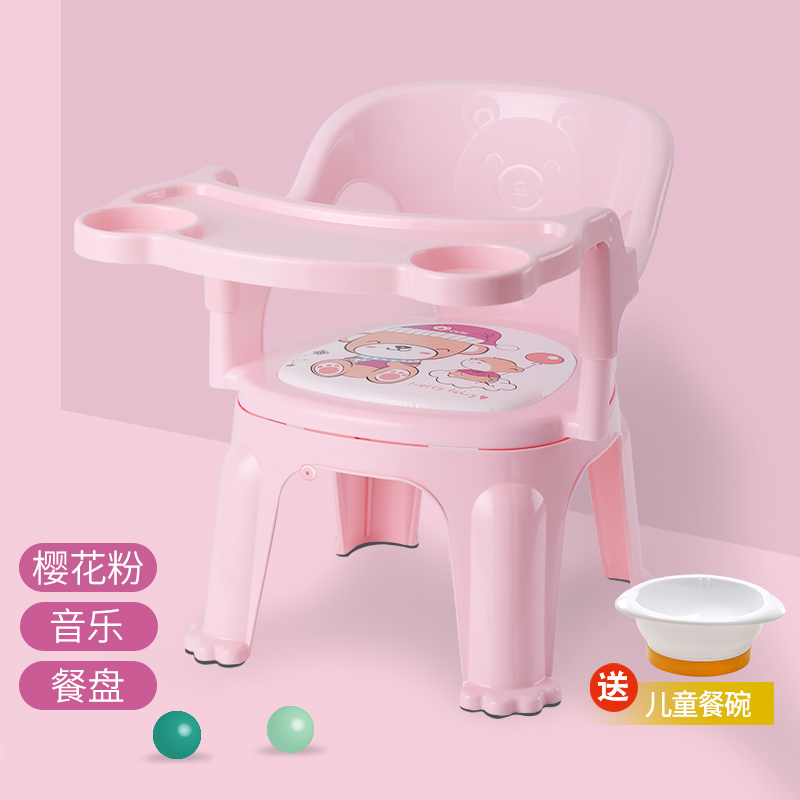
- Legumes: beans, peas and lentils. Legumes contain a mixture of insoluble and soluble fiber. This means they can relieve constipation by bulking up stools, as well as softening them to make bowel movements easier6.
- Kefir. Contains bacteria and yeast that improve the functioning of the digestive system. It also thins the stool, improving bowel movements.
List of undesirable foods for constipation
Dairy products, red meats and alcohol are not desirable for constipation. Photo: MedPortalCorrection of nutrition for constipation includes not only the addition of more fluid and dietary fiber, but also the restriction or complete rejection of other foods that can provoke this defecation disorder [8]. These products include:
- Alcohol. Alcoholic beverages, especially in large quantities, lead to the loss of large amounts of fluid in the urine, which contributes to constipation [9].
- Milk and dairy products. It is believed that milk, due to the increased sensitivity of the human body to its proteins, can provoke constipation.
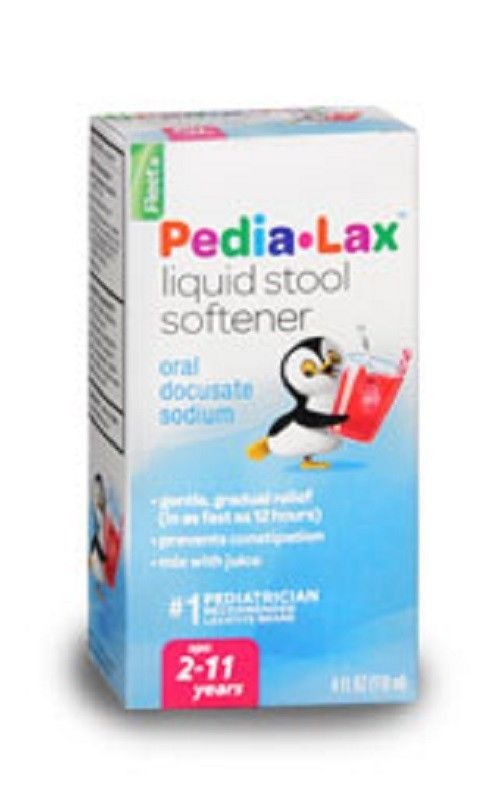 Children under 12 years of age are most susceptible to this effect [10].
Children under 12 years of age are most susceptible to this effect [10]. - Red meats, which are high in fat, increase the risk of constipation [11].
- Fried food and fast food. Like red meat, these foods are high in fat and low in dietary fiber. In addition, a large amount of salt is used in its preparation, which worsens the course of constipation.
- White rice, unlike brown, lacks bran and other major sources of fiber, which can also cause constipation.
- Products containing gluten. Gluten is a protein found in grains such as wheat, barley, and rye. It has been found to be associated with constipation, and also impairs bowel function and damages it in celiac disease and irritable bowel syndrome [12].
Nutrition for children with constipation
Broccoli puree helps to normalize stool in young children. Photo: [email protected] / Depositphotos The fight against constipation in children of preschool and primary school age is similar to that in adults: in such situations, the same advice on nutrition and lifestyle changes is relevant.
“You should try to adjust the stool with a diet: give the child more water (a liter per day or more). Introduce more vegetable fiber (salads, vegetable stews), juices (plums, prunes), fermented milk products (yogurts), laxative foods (beets, pickles), etc. You should also try to involve the child himself in the treatment, make it an entertaining game, motivate for the result. For example, buy a calendar with large cells and draw a smiley in the cell every day when he himself went to the toilet. Five days of independent chair in a row - deserved a guaranteed toy, two weeks in a row - a super prize. Positive reinforcement works wonders, trust me.
Well, physical activity, of course. Preschoolers do not need to be additionally stimulated, except perhaps to limit the time for gadgets and TV, but schoolchildren already need to be actively urged to enroll in a collective sports section, for example.”
An excerpt from the book of pediatrician Sergei Butriy “Health of the child.
How to learn to cope with diseases and your own panic "
Babies can also suffer from constipation. It is worth noting that normally in infants, the frequency of bowel movements can vary from 1-2 times a day to 1 time in 7-10 days.
If a child has other symptoms of constipation in addition to infrequent stools, such as increased restlessness during bowel movements and hard lumps of feces, the following dietary changes are recommended [13]:
- to which you can add a mixture of prunes, pears or peaches.
- Recommended vegetables are broccoli, Brussels sprouts and legumes.
- For children over 8 months of age, whole grains such as oatmeal, high fiber cereal, whole wheat pasta, and brown rice are allowed.
- Controlling the amount of liquid you drink. Until 6 months of age, an exclusively breastfed or formula-fed baby does not need to drink water. Babies over this age can be given a small amount of water.
The following can also help a small child with constipation [14]:
- Warm baths.
 They relax the abdominal muscles and improve peristalsis.
They relax the abdominal muscles and improve peristalsis. - Exercises. Having put the child on his back, you can alternately bend his legs, as if he were riding a bicycle.
- Massage. You can improve intestinal motility by drawing circles on the child's stomach in a clockwise direction.
- If constipation persists after a few days of dietary changes, glycerin suppositories for children (suppositories) may be used. However, they are intended for occasional use only. Mineral oils, stimulant laxatives, or enemas should not be used to treat constipation in infants. But for older children with constipation, enemas and the use of laxatives under the supervision of a pediatrician are indicated.
Consequences of non-compliance with the diet
Without nutritional correction, individual cases of constipation develop into chronic constipation. At the same time, the symptoms of this disorder worsen, and the risk of developing complications increases, the most common of which are [15]:
- Hemorrhoids (Fig.
 1).
1). - Anal fissures.
- Rectal bleeding.
Inflammation of the mucous membrane of the rectum and sigmoid colon - proctosigmoiditis.
Figure 1. Stages of development of hemorrhoids. Source: CC0 Public DomainConclusion
Proper nutrition and fluid control are the keys to resolving constipation in most cases. But it is important to understand that this phenomenon can be not only an isolated problem, but also a symptom of other pathologies. Therefore, if defecation disorders persist after changing the diet, you should seek the advice of a specialist.
Sources
- Constipation. National Digestive Diseases Information Clearinghouse. 2019.
- Elise Mandl. The 17 Best Foods to Relieve Constipation. health line. 2018.
- Lever E, Cole J, Scott SM, Emery PW, Whelan K. Systematic review: the effect of prunes on gastrointestinal function. Aliment Pharmacol Ther. 2014 Oct;40(7):750-8
- Bae SH.
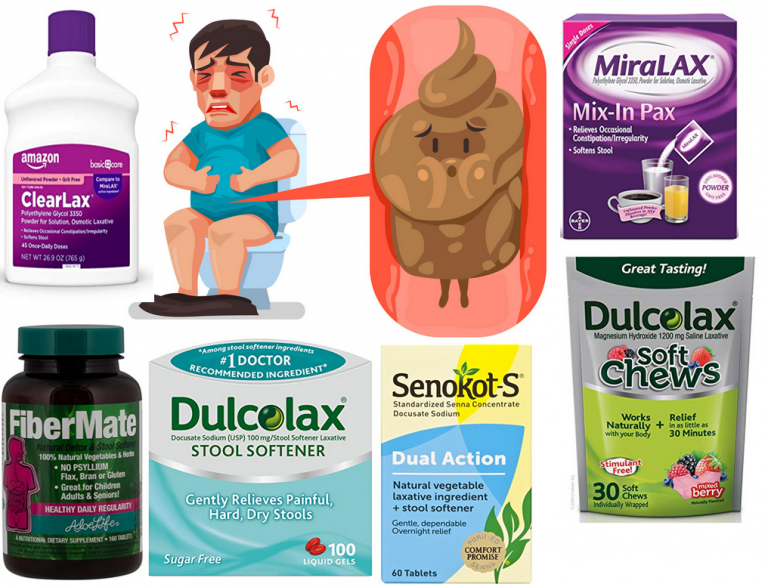 Diets for constipation. Pediatr Gastroenterol Hepatol Nutr. 2014;17(4):203-208.
Diets for constipation. Pediatr Gastroenterol Hepatol Nutr. 2014;17(4):203-208. - Reiland H, Slavin J. Systematic Review of Pears and Health. Nutr Today. 2015;50(6):301-305.
- Yang, Jing et al. “Effect of dietary fiber on constipation: a meta analysis.” World journal of gastroenterology vol. 18.48 (2012): 7378-83.
- Turan İ, Dedeli Ö, Bor S, İlter T. Effects of a kefir supplement on symptoms, colonic transit, and bowel satisfaction score in patients with chronic constipation: a pilot study. Turk J Gastroenterol. 2014;25(6):650-656.
- Alina Petre. 7 Foods That Can Cause Constipation. health line. 2020.
- Bujanda L. The effects of alcohol consumption upon the gastrointestinal tract. Am J Gastroenterol. 2000;95(12):3374-3382.
- Carroccio A, Iacono G. Review article: Chronic constipation and food hypersensitivity--an intriguing relationship.
 Aliment Pharmacol Ther. 2006;24(9):1295-1304.
Aliment Pharmacol Ther. 2006;24(9):1295-1304. - Abdullah MM, Gyles CL, Marangeli CP, Carlberg JG, Jones PJ. Dietary fiber intakes and reduction in functional constipation rates among Canadian adults: a cost-of-illness analysis. Food Nutr Res. 2015;59:28646. Published 2015 Dec 11.
- Saturni, Letizia et al. “The gluten-free diet: safety and nutritional quality.” Nutrients vol. 2.1 (2010): 16-34.
- Rhona Lewis. Are There Baby Foods That Help with Constipation? health line. 2020.
- Jay L. Hoecker, M.D. What are the signs of infant constipation? And what's the best way to treat it? Mayo clinic. 2019.
- Adam Felman "What to know about constipation". MedicalNewsToday, 2019.
Constipation in children. Diet and gymnastics of a child with constipation.
Constipation is a very common problem in children. Why?
With the start of complementary foods, stools in infants most often improve. This is due to the introduction of fiber into the child's diet, as well as an increase in the child's motor activity.
This is due to the introduction of fiber into the child's diet, as well as an increase in the child's motor activity.
But after 1 year, the number of children suffering from constipation begins to grow again. This is due to the refusal of breastfeeding, the transition to solid food, a decrease in the amount of water in the diet. Approximately every fifth child after a year suffers from constipation. How to deal with this problem?
For your health - the recommendations of the pediatrician of the clinic "Lor Plus", a doctor of the highest category Anna Gennadievna Marakulina .
What are the most common causes of constipation in children?
- Insufficient fluid volume.
- Diet poor in fiber.
- Insufficient exercise.
How to avoid constipation in a child?
To prevent constipation, the child must drink enough fluids. Be sure to teach your child to drink ordinary water. A child over 3 years of age is required to drink at least 2 glasses of water a day.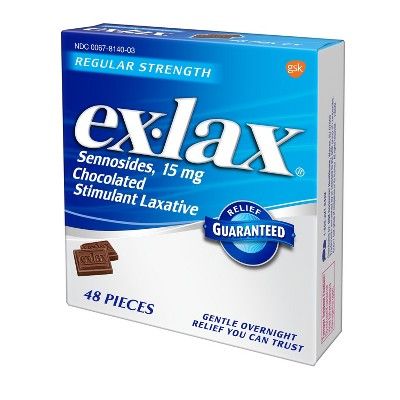
— Do not give your child sweet and carbonated drinks, strong tea and coffee. They have a diuretic effect, contribute to the development of dehydration and constipation.
- Cold water stimulates peristalsis. And warm water has a relaxing effect on the muscles of the gastrointestinal tract and is quickly absorbed. Therefore, in case of constipation, it is recommended to give a child up to 3 years old 1/2 cup, and over 3 years old - 1 glass of cool water in the morning on an empty stomach. Start with water at room temperature. If the effect is not achieved and the state of health permits, the water temperature is gradually lowered. It should be pleasantly cool. In this case, peristalsis is stimulated by rapid filling and irritation of the stomach, and then the intestines.
- There are drinks that have a laxative effect. Dairy products, plum and beet juice, dried fruit compote (prunes, dried apricots, raisins), chamomile decoction, children's teas with fennel and dill. By including these drinks in your baby's diet, regular stools can be achieved.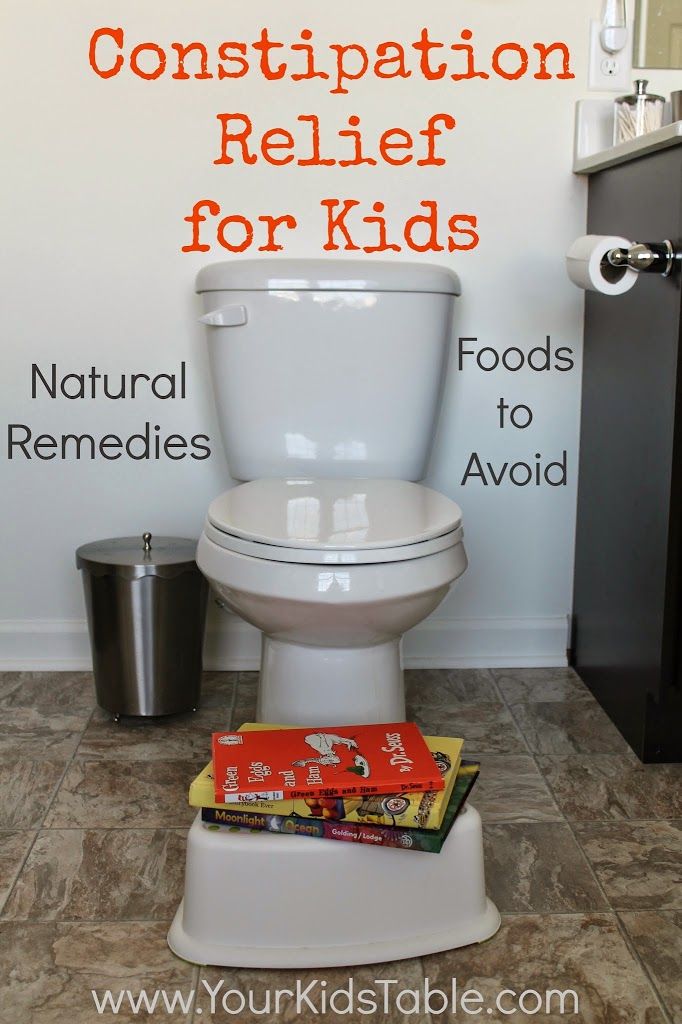 But this should be done gradually, starting with small amounts, so as not to cause a digestive breakdown in the child.
But this should be done gradually, starting with small amounts, so as not to cause a digestive breakdown in the child.
Does diet help with constipation?
Everyone knows that a diet for constipation should include a lot of fiber-rich foods, and these are vegetables and fruits. But not everyone knows how much and what kind of fruits and vegetables a child needs. 9200 gr
Yes, most children to normalize the chair and regularly find the drinking regime and regularly nourisan vegetables according to age. But not for everyone.
Some need to supplement their diet with laxative foods. These include: plums, beets, prunes, raisins, figs, dates, dried apricots, legumes, nuts. They should be present in the diet of a child prone to constipation. Include them in the diet should be gradually. For some, it will be enough to consume one of the listed products daily, while others will need to include several in the diet.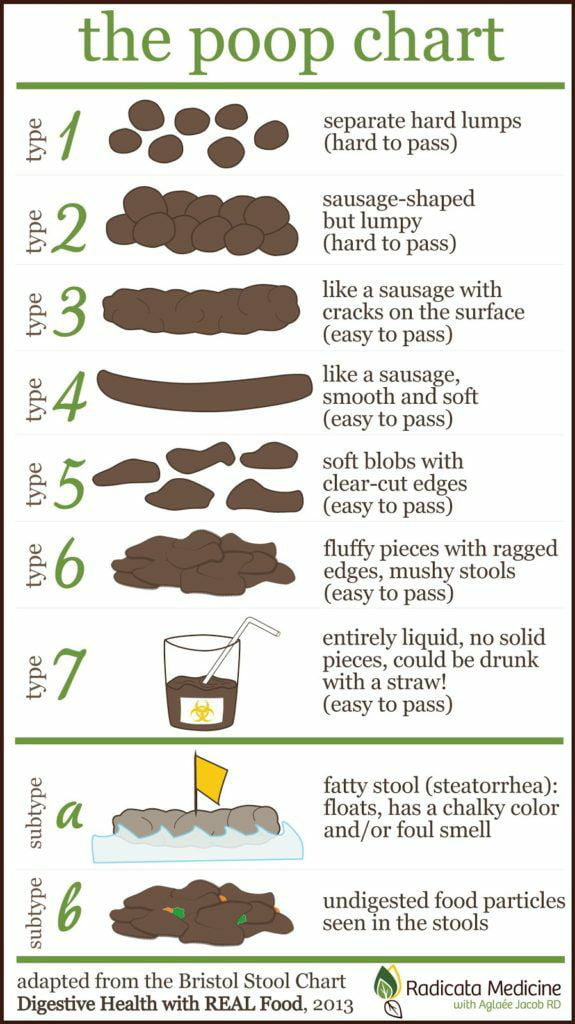
Cereals with shells (buckwheat, oatmeal, pearl barley, wheat) and wholemeal bread are also useful.
Fermented milk products (kefir, curdled milk, fermented baked milk, biolact) are best consumed before going to bed. 1 glass a day is enough. You can increase the daily intake of kefir to 2 glasses per day.
Refined rice, blueberries, pears, sweets and buns, flour products from premium flour, strong tea, animal fats have a fixing effect. It is better for children prone to constipation to abstain or significantly limit their use.
I recommend trying several recipes for constipation that I and my patients have tested:
— Take equal amounts of dried fruits: figs, dates, dried apricots, prunes, wash well, pour over with boiling water, destone, turn through a meat grinder or chop in a blender . Take daily in the morning on an empty stomach (30 minutes before meals) 1-2 teaspoons with 1 glass of water with lemon. Children under 3 years old - 1/2 cup of water.
This recipe can be used by children from 1 year old, but be sure to first test how the child tolerates each dried fruit separately, and then prepare the mixture.
— Sour milk + prunes for the night: wash 10-20 prunes well, brew with boiling water for 5-10 minutes, a small child can be mashed. Eat before going to bed with 1 glass of kefir, biolact, fermented baked milk, curdled milk.
Wheat bran is a very useful product, because contain approximately 50% fiber, as well as many vitamins and minerals. You can buy them at a pharmacy.
Wheat bran can be included in the diet of children after 1 year as a remedy for constipation. Start with a daily amount of 1 teaspoon, gradually, every 2-3 days, increasing the dose until a regular stool is achieved. The maximum dose for children is up to 2 tablespoons per day.
The daily dose of bran is brewed with a small amount of boiling water. It is kept under the lid for 30-40 minutes, then the excess water is drained, and the swollen bran is added to the child's food, most often to porridge.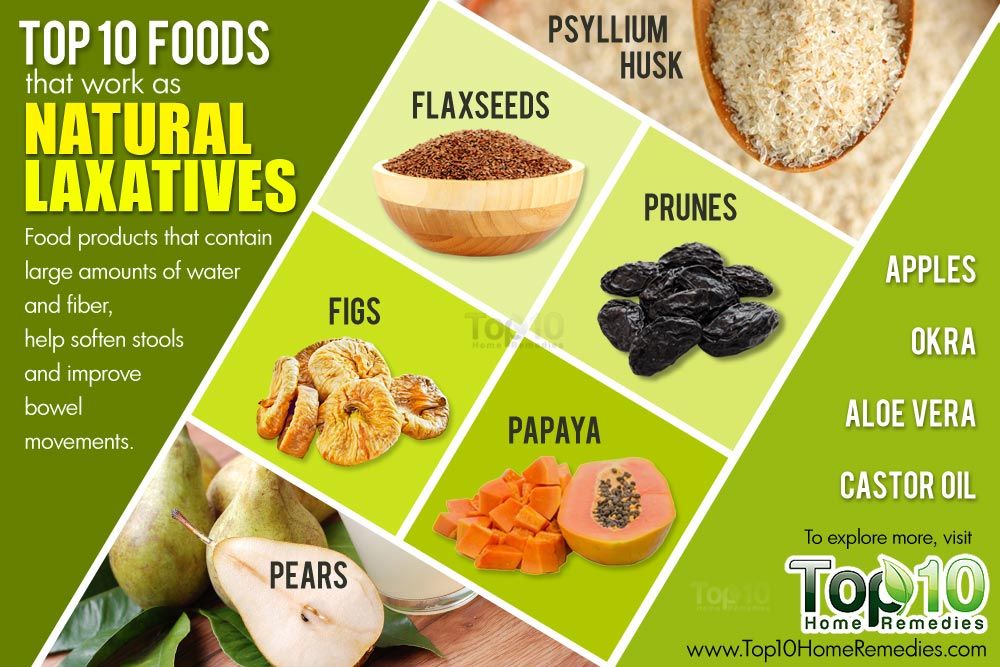 You can add them to kefir, cottage cheese, vegetable and fruit puree. You can add the entire daily dose of bran in one serving of food, can be divided evenly into breakfast, lunch and dinner.
You can add them to kefir, cottage cheese, vegetable and fruit puree. You can add the entire daily dose of bran in one serving of food, can be divided evenly into breakfast, lunch and dinner.
Exercises for constipation. Helps or not?
In my experience it helps a lot! Active and mobile children are less likely to suffer from constipation. For the prevention of constipation, sports are useful: running, swimming, gymnastics, squats, tilts, exercises to strengthen the abdominal press.
A child suffering from constipation, in addition to following a diet and drinking regimen, is recommended to do a few simple things in the morning:
- Get up early so that there is enough time for all morning activities, including going to the toilet, water (possible with a mixture of dried fruits),
- Perform the following exercises - Starting position standing: take a deep breath, then a deep breath, then draw in the stomach as much as possible and stick it out.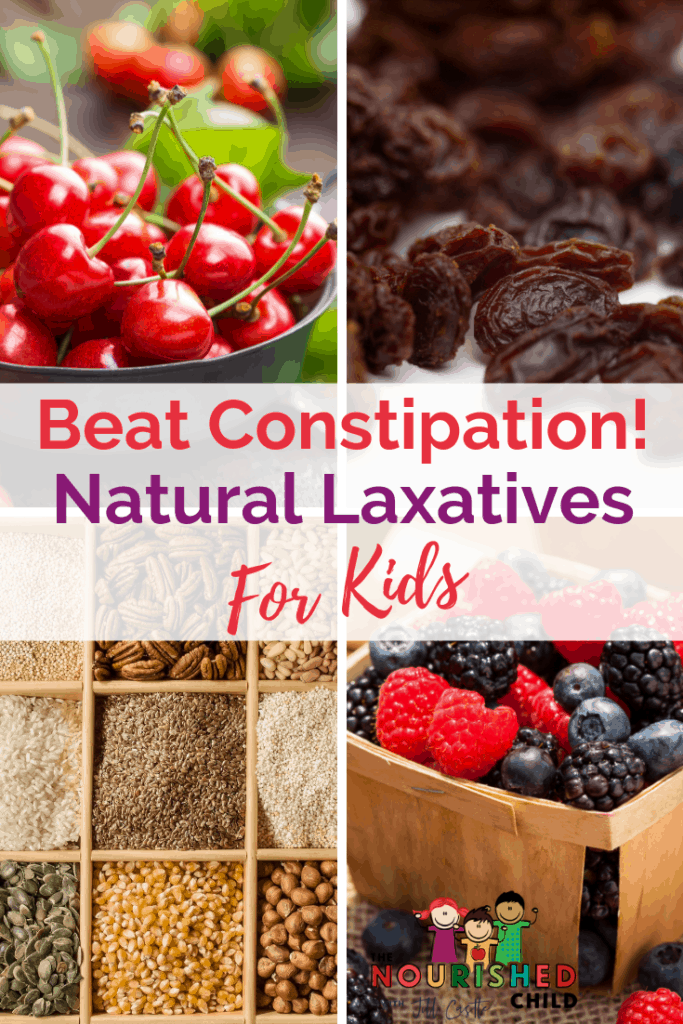 Repeat the exercises several times.
Repeat the exercises several times.
There is a good chance that after this the child will want to go to the toilet.
Abdominal massage is also helpful.
Is constipation so dangerous?
The causes, and hence the consequences of constipation can be different:
• stress - you need to create a calm environment for the child,
• rectal fissures - you need to contact the surgeon,
• arbitrary retention of stool - you need to talk with the child, try to work out morning defecation schedule.
And the consequences can be different. It is always better to find out the causes of the disease with your pediatrician. So you can avoid dangerous consequences.
It is not recommended to give a child laxatives and suppositories on their own, as well as to repeat cleansing enemas frequently. If for a long time (more than 1 month) it is not possible to establish a regular chair for a child, you need to see a doctor. Diet
Let your baby be always healthy!
And the pediatricians of the clinic "Lor Plus" are ready to answer the questions of mothers and fathers about the well-being of the child and the prevention of childhood diseases.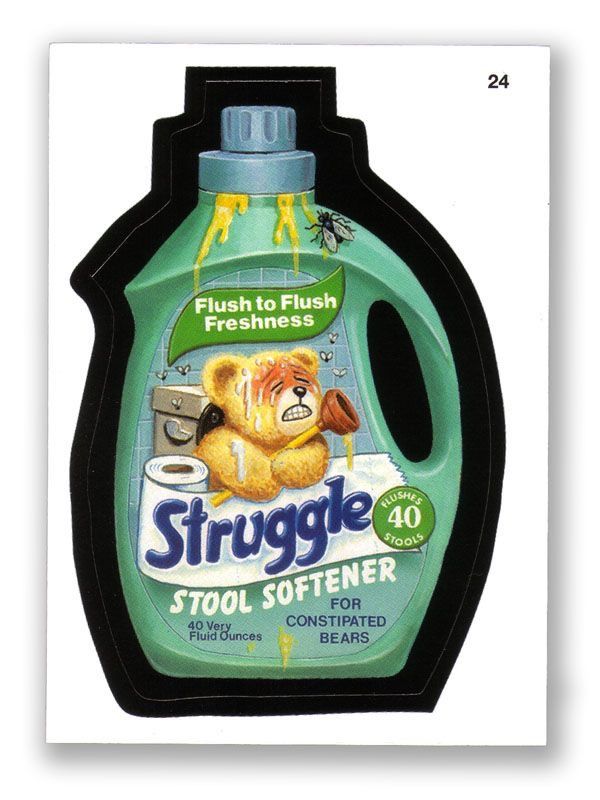
Come to our clinic!
Experienced paediatricians see children in our clinics:
Marakulina Anna Gennadievna (pediatrician, doctor of the highest qualification category, experience 29 years)
Fedoseeva Olesya Andreevna (pediatrician).
Our doctors:
- They will pick up the key to a crying baby,
- They will calm the worried mom,
- They will quickly make the correct diagnosis,
- They will prescribe an effective treatment.
Make an appointment with the Pediatrician at a convenient time for you
| You can make an appointment by phone. +7(342)258-258-8 or through the registration form below. Appointment with a doctor through the Administrator of the clinic Leave your details, our Administrator will call you back in the near future, consult on the cost of services, select the best time for your appointment. Your name Your phone number Enter your phone number so that the clinic administrator will contact you in advance. Message Specify wishes for date, time of appointment and doctor By clicking on the button, you consent to the processing of your personal data. |
Please note that:
- When visiting the clinic for the first time, it is advisable to arrive 10 minutes before the appointed time in order to fill out a medical history and sign an agreement, informed consent for medical intervention. You can familiarize yourself with the texts of these documents here.
- To sign the contract, you must have your passport with you.
- If the patient is a child (up to 18 years of age inclusive!), then one of the parents or guardian must come to the appointment with the child and sign the contract and consent.
- Think ahead and formulate the problem with which you go to the doctor.
- If you have the results of previous examinations and analyzes, we recommend that you take them with you to an appointment with a specialist.
